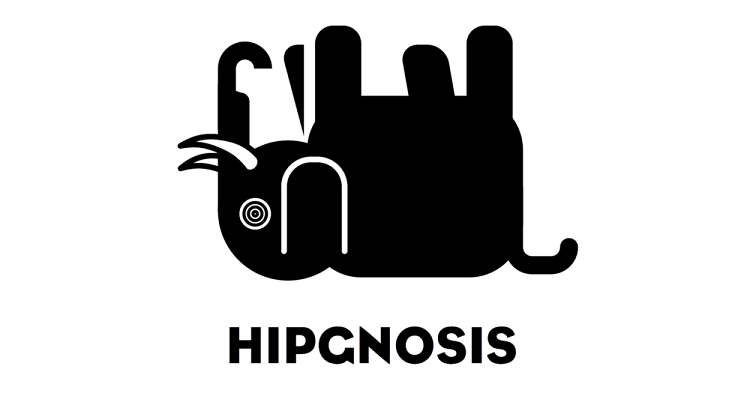Last week, the National Music Publishers’ Association (NMPA) revealed that it had filed an infringement lawsuit against video-making service Vinkle as part of a broader crackdown on apps. Hipgnosis and others have joined the complaint against Vinkle’s Shenzhen-based developer, which is allegedly “in blatant violation of copyright law.”
Upon unveiling the action involving Vinkle, NMPA head David Israelite disclosed that his organization had submitted the suit “on behalf of seven representative publishers.” And the associated 24-page-long legal document lists the aforementioned Hipgnosis (which previously jumped into the NMPA’s battle against Roblox) as a plaintiff alongside the likes of Big Machine, Concord, Peermusic, and Reservoir, to name some.
According to these “highly respected” parties, Shenzhen Qutui Technology, the company behind the “popular” Vinkle, has created a platform that’s “in blatant violation of copyright law because it is built based upon a library of copyrighted musical works that” the defendant doesn’t have the right to use.
Moreover, the defendant “has not obtained any license necessary to reproduce, perform, adapt, or distribute these works,” the text emphasizes.
“Apps like Vinkle, in today’s social media environment, are becoming increasingly aggressive in misappropriating music owned by members of the music publishing community,” the NMPA-spearheaded litigation reads.
The alleged infringement at hand centers on Vinkle’s “templates,” into which users can add their own “images and videos” in order “to create personalized music videos,” the document shows. Predictably, the plaintiffs maintain that these videos are then “set to popular, copyrighted music chosen and uploaded to the Vinkle service” by the defendant developer.
Vinkle – which has racked up north of 10 million downloads on the Google Play Store – ultimately enables users to export their videos, “including the copyrighted music, directly from the Vinkle app to various social media platforms, including Facebook, Instagram, Twitter, and Snapchat, or allows the user to download the completed video to their personal device,” per the publishers.
“When a user identifies a template that they would potentially use, Vinkle allows the user to view the entire template, showing stock images and videos set to the copyrighted musical works, and listen to the music,” the lawsuit elaborates, making clear once again that the songs are available directly through the app. “The user can replay the template, and music, an unlimited number of times, each of which constitutes a performance of the copyrighted musical work.”
The allegedly infringed music includes songs from Taylor Swift, Ariana Grande, Billie Eilish, and The Weeknd, the complaint states, and has set the stage for Vinkle’s “widespread commercial success” – including via a premium subscription (“$5.99 per week or $29.99 per year”).
At the time of this piece’s writing, Shenzhen Qutui Technology didn’t appear to have publicly addressed the action, nor had the entity responded to DMN’s request for comment. This radio silence – and, more significantly, the music industry’s past difficulties pursuing stateside litigation and collecting damages from certain international digital platforms – raises interesting questions about the lawsuit’s path forward.
It bears reiterating in conclusion that the NMPA has likewise taken aim at the Play Store and the App Store themselves, sending “formal notices to both Apple and Google demanding accountability for” the allegedly unauthorized use of music on apps that they make available for download.
Regardless of how the Vinkle lawsuit plays out, the service’s being delisted from the Play Store and App Store would represent a major victory for the NMPA – generally and in terms of the message sent to the almost 100 other apps that the organization has targeted with cease-and-desist letters for allegedly using unlicensed music.

